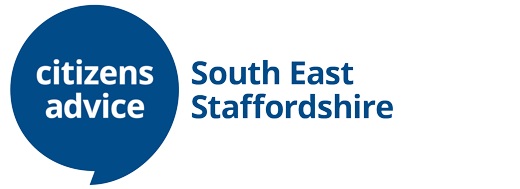Discrimination can be direct, such as being treated less favorably due to a protected characteristic, or indirect, where policies or practices disadvantage certain groups. Protected characteristics include age, disability, gender reassignment, marriage and civil partnership, pregnancy and maternity, race, religion or belief, sex, and sexual orientation.
In the workplace, discrimination might manifest as unfair treatment, harassment, or being overlooked for opportunities. It’s essential to identify whether the treatment you’ve experienced qualifies as discrimination under the Equality Act 2010.
If you believe you’ve been discriminated against, you can:
Documenting incidents and gathering evidence can strengthen your case.
Citizens Advice provides guidance on discrimination issues. Additionally, the Equality Advisory Support Service offers advice and assistance.
Search the main Citizens Advice website here.
(You will be taken to the main Citizens Advice website)

Charity registration no. 01128413
Registered company no. 6816043
FCA FRN. 617735
Support us via
Citizens Advice South East Staffordshire
Lichfield District Council offices,
Frog Lane, Lichfield WS13 6YU
Wade House
7 Cannock Road, Chase Terrace, Burntwood, Staffs WS7 1JS
Adviceline: 0808 278 7977
© 2026 Citizens Advice South East Staffordshire. All Rights Reserved.
